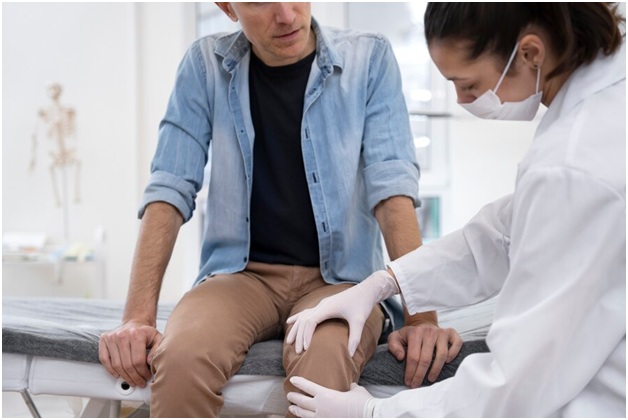Experiencing an accident can be a harrowing ordeal, leaving individuals not only in physical pain but also grappling with emotional distress and uncertainty about their future. The aftermath of an accident is often overwhelming, which is why having a clear plan can help guide you through the recovery process. Understanding the appropriate steps to take is vital for your health and potential legal claims.
Immediate Steps for Your Health
The first priority after any accident should always be your health. If you’ve sustained injuries, seeking medical attention is paramount. Even if you feel fine initially, some injuries may not manifest symptoms right away, making a thorough medical evaluation crucial. Getting examined by a healthcare professional ensures you receive the necessary treatment and documentation needed for any insurance claims or legal matters later on. Documenting your injuries accurately can also serve as essential evidence should you choose to seek compensation for medical expenses. This documentation can include medical records, treatment plans, and follow-up visits. The more detailed your records, the better equipped you will be to navigate potential claims that arise in the future.
Gathering Evidence at the Scene
While your health should be the primary concern, if you’re able, gather as much evidence as possible at the scene of the accident. This could involve taking photographs of the accident site, noting road conditions, and capturing any visible injuries. If there were witnesses, collect their contact information for future reference. Moreover, obtaining copies of police reports or insurance documentation can enhance your case later. This evidence could play a pivotal role in establishing fault, especially if liability is contested. Accurate records of what transpired can serve as a timeline, helping all parties involved understand the events leading to the accident.
Contacting Insurance Companies
After ensuring your immediate well-being, it’s essential to contact your insurance company. Report the incident as soon as possible, providing them with factual details while avoiding speculations about fault. It’s important to remember that recorded conversations with insurance representatives can be used against you later, so be cautious with your words. Additionally, reviewing your policy’s coverage is beneficial. Some policies may provide benefits beyond basic coverage, so understanding your rights can allow you to receive more comprehensive care after the accident. In some cases, speaking with your insurance provider about the claims process can illuminate potential next steps you may not have considered.
Considering Legal Advice
Depending on the circumstances surrounding the accident, consulting with a legal expert may be necessary. Navigating personal injury claims can be complex, often involving multiple parties and varying degrees of negligence. A team of personal injury lawyers here recommends working with a seasoned attorney is paramount, as a lawyer can help analyze your case and provide guidance tailored to your situation. Legal representation can prove invaluable, particularly when dealing with insurance companies and negotiating settlements. An experienced attorney can help ensure that you aren’t taken advantage of in what can feel like a daunting process. They can also offer realistic estimates of what your claim may be worth, based on the specifics of your case, which is essential for informed decision-making.
Recovery and Rehabilitation
As you begin to navigate the administrative aspects following the accident, focusing on your physical recovery is crucial. Depending on the nature of your injuries, this could involve physical therapy, rehabilitation, or follow-up appointments with medical professionals. Maintaining a positive outlook during recovery can be challenging but vital. Engaging in light activities as advised by your healthcare provider can promote faster healing. Also, surrounding yourself with supportive friends and family can help motivate you through the tougher days. Remember, healing is a process that requires both physical and emotional support.
Documentation and Claims Management
As you begin the claims process, thorough documentation of your expenses is vital. This includes medical bills, treatment-related costs, and other expenses incurred due to the accident. Keeping organized records can streamline communication with your attorney and ensure nothing is overlooked. Moreover, documenting any pain or emotional distress you’ve experienced can assist your legal team in arguing for appropriate compensation. This holistic approach enables a comprehensive understanding of how the accident has affected your quality of life.
Future Prevention
Once you start to heal, it’s constructive to reflect on how the accident occurred and consider preventative measures. Understanding factors that led to your injury can empower you to make informed decisions in the future, whether it’s altering driving habits, adhering to safety protocols, or recognizing risky situations more effectively. Education and awareness can play a significant role in personal safety. Consider taking safety courses or attending workshops that enhance your knowledge about potential risks, particularly in contexts that relate to the circumstances of your accident. By doing so, you not only promote your well-being but contribute to a safer community.

By following these steps, you can position yourself for recovery and potential legal action, helping restore a sense of normalcy after the upheaval of an accident. Remember, experiencing an accident is a daunting life event, but with careful planning and the right support, you can navigate through these challenges effectively.
